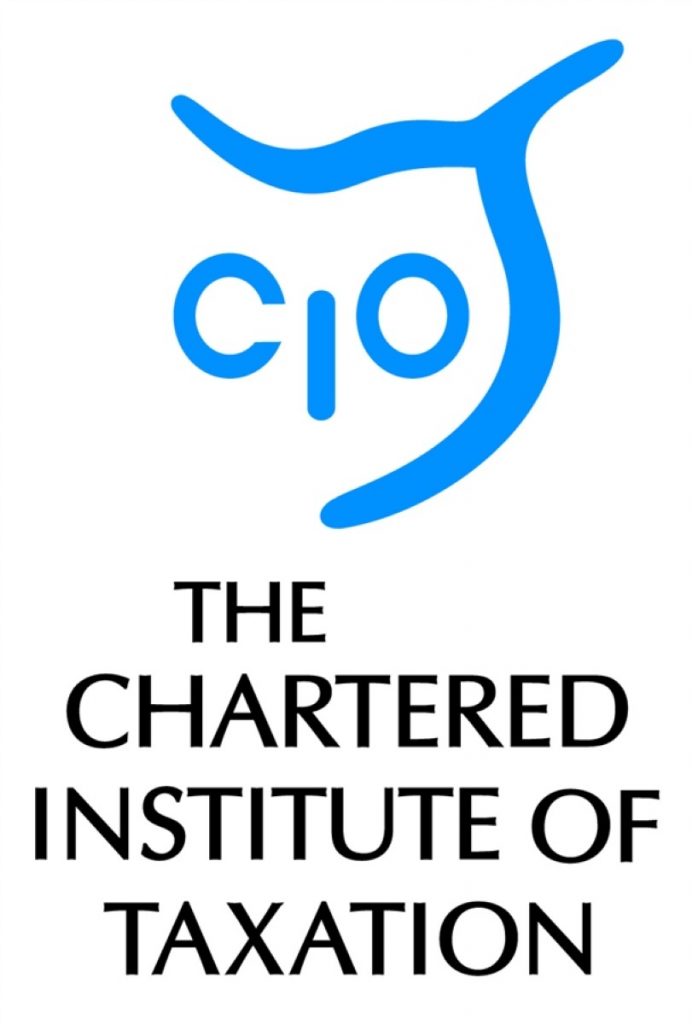CIOT: Small business proposals have potential to cut tax burdens
The Chartered Institute of Taxation (CIOT) has welcomed recommendations from the Office of Tax Simplification (OTS) for improving the way the tax system works for small businesses.
The CIOT believes the proposals could help reduce burdens and errors and the need for interventions such as Business Record Checks (BRCs) by HMRC. This would be a win for those taxpayers, HMRC and all other taxpayers who fund HMRC.
Commenting on the proposals to simplify taxes for the smallest businesses, Andrew Gotch, Chairman of the CIOT’s Owner Managed Business Sub-Committee, said:
“Moving to a simpler receipts and payments basis makes sense. It ties in with the discussions the CIOT has been having with HMRC on Business Record Checks. HMRC often try to make accounting sound simple and tell businesses to record ‘money in and money out’ yet current tax legislation actually requires them to go further, by using full UK GAAP (Generally Accepted Accounting Practice) rules. We can understand the recommendation that this should only apply to the very smallest businesses initially, but if introduced we’d like to see the low limit kept under review, with a view to seeing if there is scope for aligning it to the VAT threshold in due course.
“We would also be interested in exploring a flat rate scheme based on turnover. The principle has worked well in the context of VAT and is easy for business to understand. This could have the potential to reduce the need for enquiries and Business Record Checks as only income need be recorded. The corresponding simplification of the expenses regime would also contribute to making record keeping easier. “
Andrew Gotch also welcomed OTS proposals for improving how the tax system is administered for and explained to small business:
“Many of these proposals are things the CIOT and our Low Incomes Tax Reform Group have been advocating for a long time, such as extending and improving awareness of HMRC’s business clearance facility and making HMRC’s website more user-friendly, particularly by improving the search function. Better HMRC staff training in technical matters is critical and is something which would make life easier for small businesses and their tax advisers alike. Until that objective is achieved, the many businesses relying solely on HMRC for advice about their tax affairs will remain at risk of getting things inadvertently wrong.
“Two-way email communications between HMRC and taxpayers, provided reasonable data security concerns are addressed, would be a big step forward. So would making all forms submittable online. The CIOT is already working with HMRC to move towards this goal and bring dealing with HMRC into a modern commercial context. We would also like to see HMRC provide free online filing software for partnerships; at the moment even the smallest partnership must either submit paper returns, or buy commercial software.”
Commenting on proposals for a ‘disincorporation relief’, Andrew Gotch said:
“Many small businesses incorporated in the early 2000s when the then Government provided tax incentives to do so. Many are now stuck in an unnecessary, inappropriate and burdensome corporate structure and need a way out that does not have penal unfunded tax consequences. The proposals seem a sensible balance that provides a simple yet limited relief which does not therefore require extensive anti-avoidance provisions.”
Notes to Editors
The OTS’s recommendations, published on Tuesday 28 February, can be read at http://www.hm-treasury.gov.uk/ots.htm
The Chartered Institute of Taxation (CIOT) is a charity and the leading professional body in the United Kingdom concerned solely with taxation. The CIOT’s primary purpose is to promote education and study of the administration and practice of taxation. One of the key aims is to achieve a better, more efficient, tax system for all affected by it – taxpayers, advisers and the authorities.
The CIOT’s comments and recommendations on tax issues are made solely in order to achieve its primary purpose: it is politically neutral in its work. The CIOT will seek to draw on its members’ experience in private practice, government, commerce and industry and academia to argue and explain how public policy objectives (to the extent that these are clearly stated or can be discerned) can most effectively be achieved.
The CIOT’s 15,600 members have the practising title of ‘Chartered Tax Adviser’ and the designatory letters ‘CTA’.
George Crozier
External Relations Manager
D: +44 (0)20 7340 0569
M: +44 (0)7740 477374
The Chartered Institute of Taxation
Registered charity number 1037771
www.tax.org.uk
The Association of Taxation Technicians
Registered charity number 803480
Registered company number 2418331
VAT Registration Number 497 5390 90
www.att.org.uk
Low Incomes Tax Reform Group – an initiative of the Chartered Institute of Taxation
www.litrg.org.uk
1st Floor, Artillery House, 11-19 Artillery Row, London SW1P 1RT





-01.png)